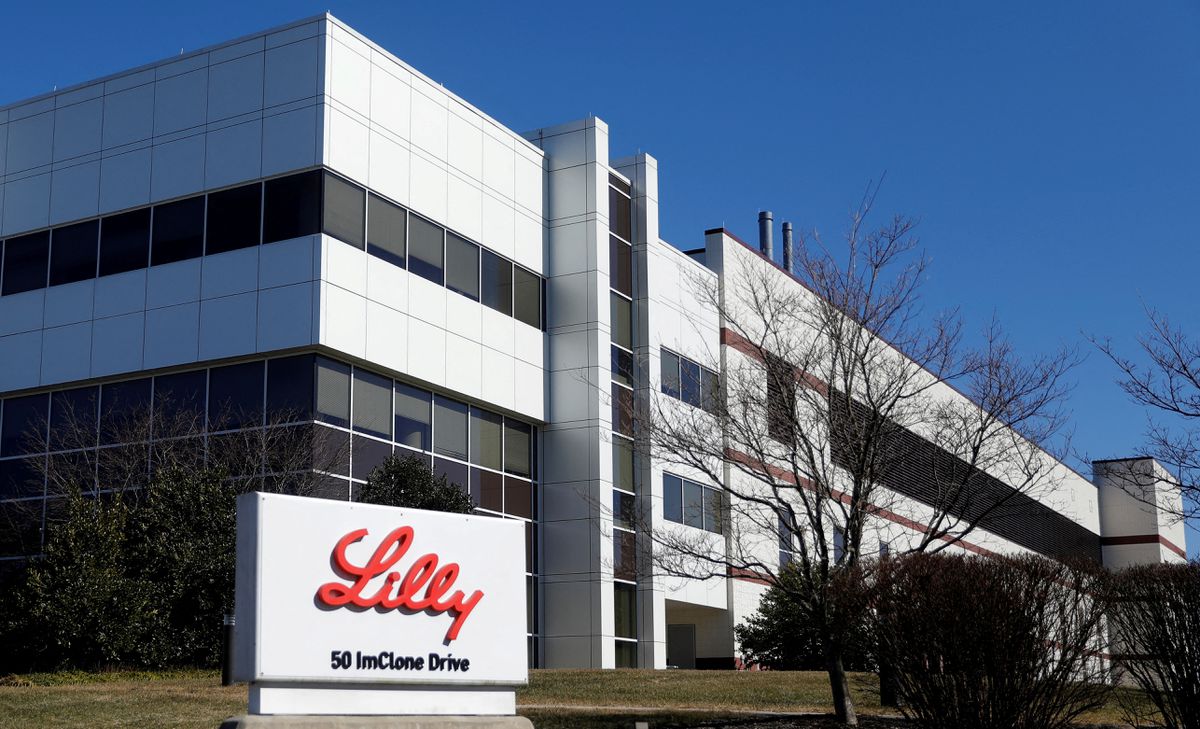Lilly and Novartis join drugmakers in scaling back operations in Russia
The healthcare sector, despite western sanctions, has not pulled out due to humanitarian reasons

Your support helps us to tell the story
This election is still a dead heat, according to most polls. In a fight with such wafer-thin margins, we need reporters on the ground talking to the people Trump and Harris are courting. Your support allows us to keep sending journalists to the story.
The Independent is trusted by 27 million Americans from across the entire political spectrum every month. Unlike many other quality news outlets, we choose not to lock you out of our reporting and analysis with paywalls. But quality journalism must still be paid for.
Help us keep bring these critical stories to light. Your support makes all the difference.
A growing number of drugmakers including Eli Lilly and Co, Novartis and Abbvie Inc are scaling back business in Russia after Moscow’s invasion of Ukraine, but still pledge to continue supplying critical medicines.
U.S. drugmaker Lilly said it will send medicines for urgent medical conditions such as cancer and diabetes. It is suspending sales of what it called “non-essential medicines” as well as all investments and promotions. It also will not start any new clinical trials there.
Swiss drugmaker Novartis also said it would stop investments, marketing activities there and all scientific events organized by the company or external parties in Russia.
U.S. drugmaker AbbVie, which owns blockbuster wrinkle treatment Botox, said it has temporarily suspended operations for all its aesthetics products in the country.
Johnson & Johnson Inc said it was stopping enrollment in Ukraine, Russia and Belarus as well as any openings of new sites, but was committed to providing essential health products.
On Monday, Pfizer Inc, Germany’s Bayer and Abbott Laboratories had pulled back from non-essential spending in the country. Pfizer and Bayer said they would maintain a supply of medicines to Russia.
Western companies have come under pressure to leave Russia, but the healthcare sector has not pulled out because medicine and medical devices and equipment are considered necessary for humanitarian reasons and are excluded from sanctions.
“While it is good to see large corporations, including in the pharmaceutical space, take a proactive stand against war and aggression, any step to suspend medical supplies, even for non-essential items, could end up putting the health of patients in Russia at risk,” said Anant Bhan, a global health and bioethics researcher.
Getting supplies in has already become tougher. Sanctions have cut off Russian banks from the international financial system, while shipping companies have halted services to the country, interrupting delivery of medical supplies.
In a post titled “Lilly and Lilly Foundation Provide support for People in Ukraine” on its website, Lilly said any profit from continued sales in Russia will be donated to organizations dedicated to humanitarian relief.
Lilly is the first to exclude drugs it designates as “non-essential”. The company told Reuters in an email that an example of a non-essential medicine was Cialis, a branded erectile dysfunction treatment available from other sellers as a generic drug. It did not disclose specific treatments affected by the decision.
Reuters
Subscribe to Independent Premium to bookmark this article
Want to bookmark your favourite articles and stories to read or reference later? Start your Independent Premium subscription today.



Join our commenting forum
Join thought-provoking conversations, follow other Independent readers and see their replies
Comments